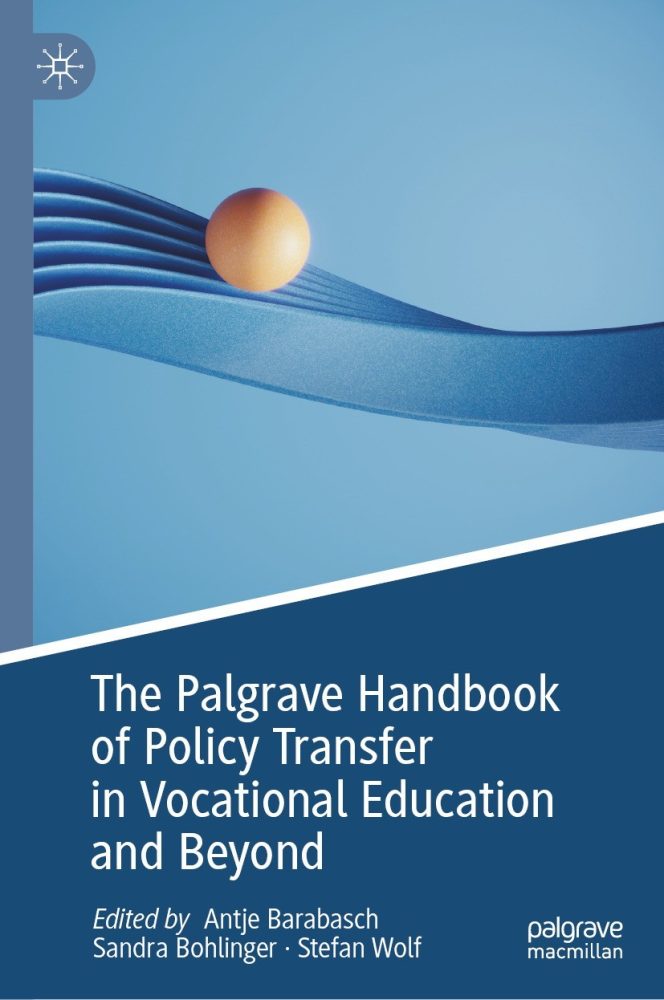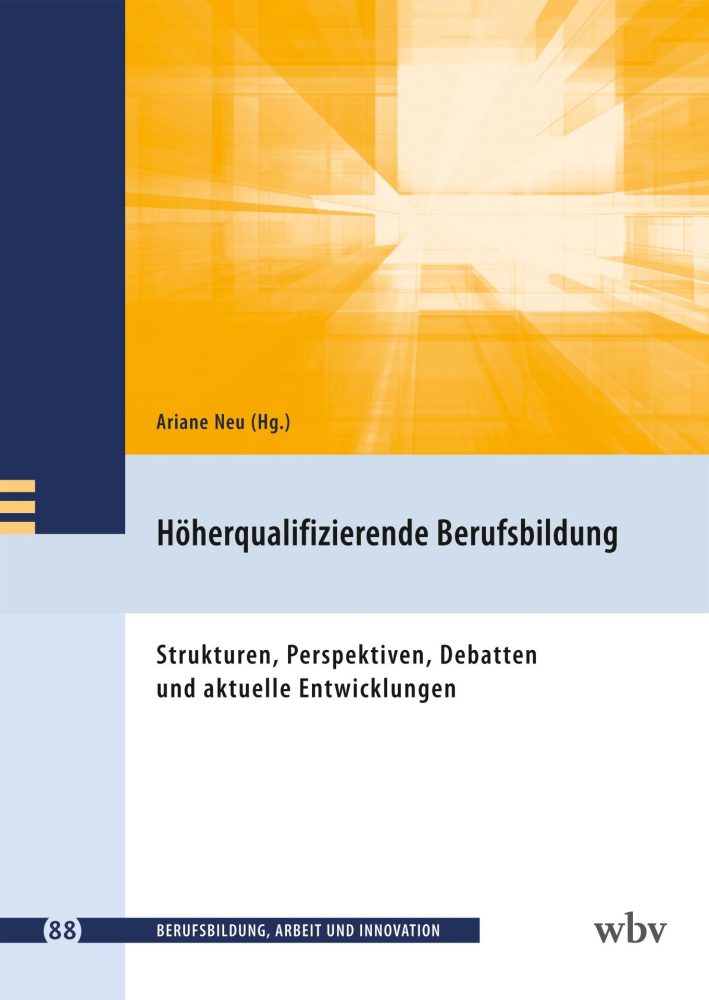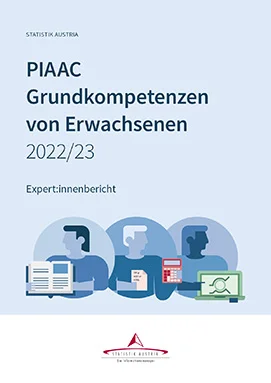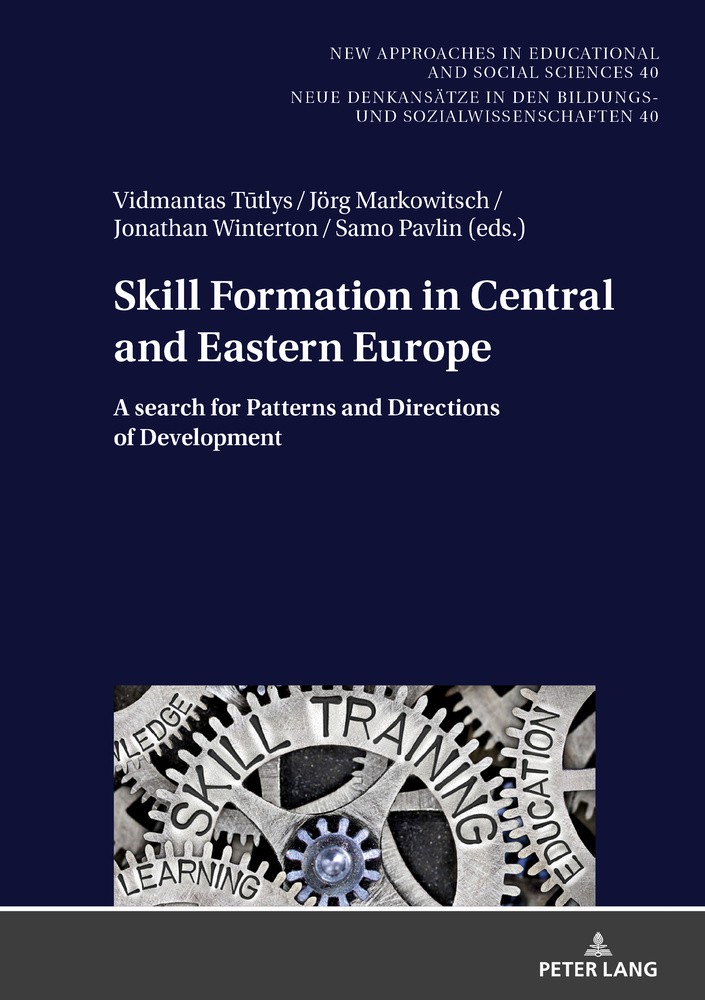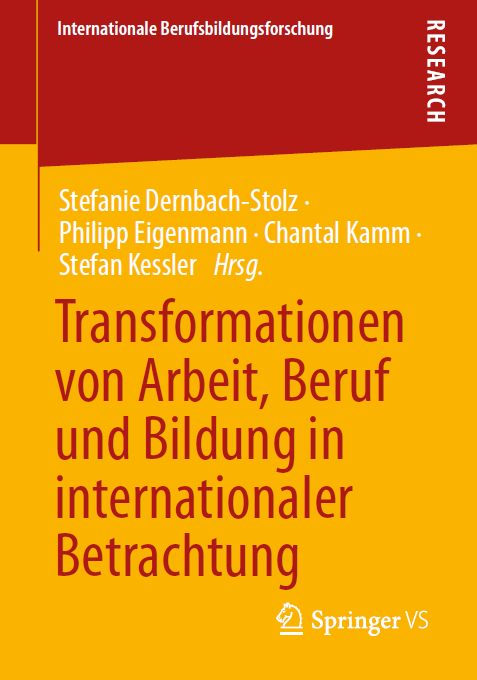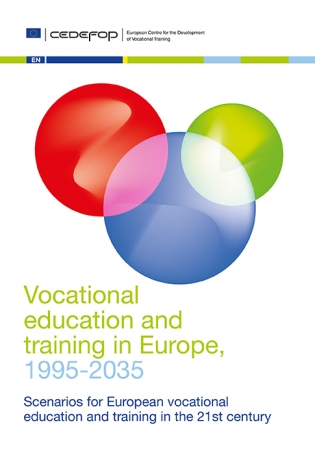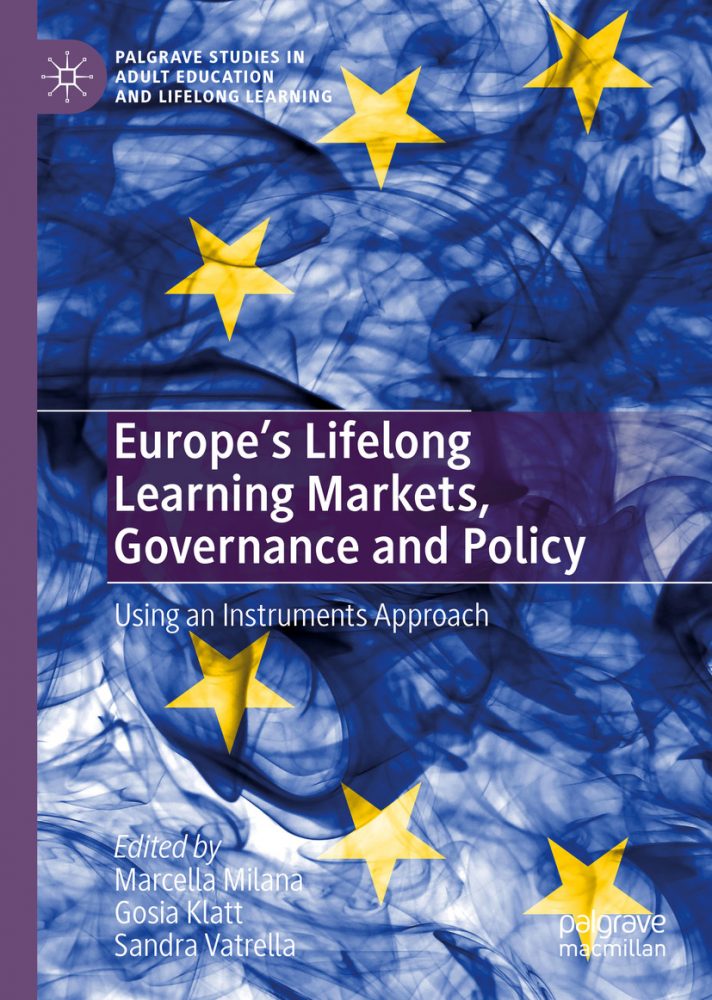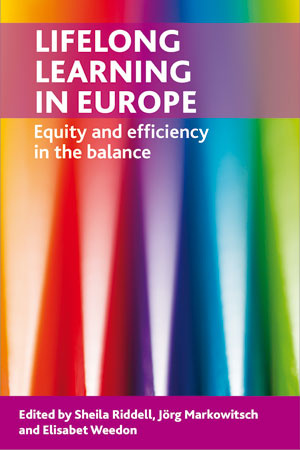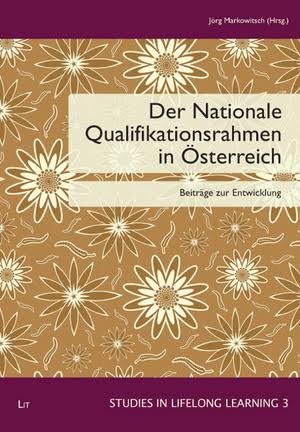The Future of Vocational Education and Training in Europe
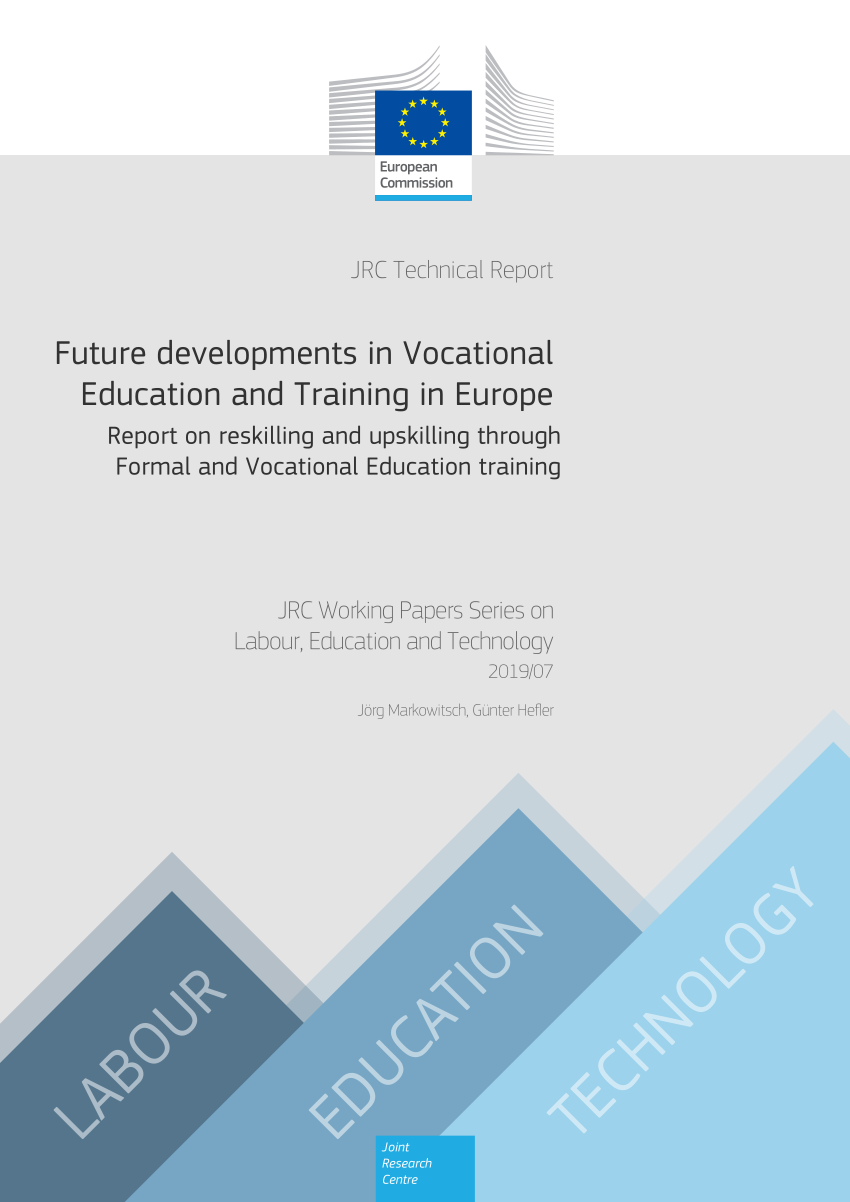
2019
Future developments in Vocational Education and Training in Europe: Report on reskilling and upskilling through formal and vocational education training
JRC Working Papers Series on Labour, Education and Technology No. 2019/07. Seville: European Commission, Joint Research Centre (JRC)
This working paper written by Jörg Markowitsch and Günter Hefler for Joint Research Center of European Commission summarises key trends in Vocational Education and Training in Europe and reflects upon future developments.
Abstract
Contrary to general education, vocational education and training (VET) has been an area of
cooperation from the very beginning of the European Union. Over decades, however, the concept and reality of VET has changed substantially. VET as a dead-end educational pathway preparing exclusively for direct labour market entrance has practically faded out. The VET systems of the EU member states have become more open and have developed their access routes to higher and further education. Since 1995, common drivers for developments in VET across EU member states have included structural ones as shrinking birth-cohorts or changes in skill demands induced by new technologies and digitalisation as well as institutional ones, for instance, a new emphasis on learning outcomes or the introduction of qualification frameworks. However, common drivers have resulted in different trajectories taken by the various national VET systems, perpetuating the
diversity of VET in Europe. The paper discusses long-term structural changes and recent trends within VET (such as vocational drift in education, hybridisation of general and vocational education, increasing permeability of educational pathways in initial VET) and how they might play out in the future. Given that the trends are expected to continue, it can be expected that by 2030 national qualification frameworks in most EU members states will be firmly established thereby organising a diversity of vocational qualifications ranging from EQF level 1 to 8 – including professional doctorates.

